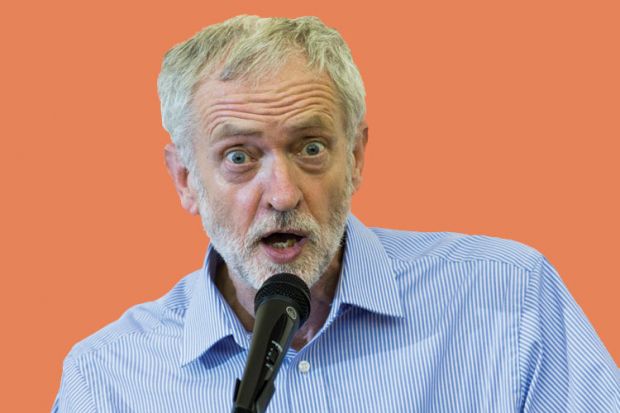Jeremy Corbyn’s pledge to scrap tuition fees and reintroduce maintenance grants in England has attracted attention in Australia.
With the Australian government planning to raise fees and cut university funding, news.com.au looked at the question of whether the UK Labour leader’s idea – which helped deliver the party a better than expected result in the election – was “as crazy as it sounds”.
The website noted that one of Mr Corbyn’s “most ambitious policies, which may have encouraged large numbers of young people to vote, was his promise scrap university tuition fees from 2018 and possibly cancel debts incurred by recent graduates".
Glenn Withers, professor of economics at the Australian National University and University of New South Wales, suggested that the popularity of the policy could actually be a reflection of cost-of-living pressures including housing affordability and slow wage growth.
He suggested that the public-private benefit split from individuals attending university was roughly 50:50.
“The general taxpayer benefits from those who have studied and done well at university, who pay high taxes, and there are also spillover effects – including that graduates look after themselves, they pay attention to public health messages and so you save money on health,” he said.
But Professor Withers added that providing tuition-free education would also put pressure on government finances, which is likely to lead to restrictions on the number of students going to university, the website said.






